Basic Concepts of Realism:
(1) Realism and the Nature of Reality- Realism is a philosophy away from the world of ideas and is concerned with the study of the world we live in. To a realist, the physical universe is a self-evident reality. The real world is the world of nature which exists independently of any relation to the mind of man. The reality of this physical world is proved by our everyday experiences in seeing it. The real nature of reality can be known by empirical observation of the material world. Such knowledge is only a reliable guide to human conduct. The realist believes that everything that exists in the universe is matter or energy or matter in motion.
(2) Laws of Nature and Realism- The realist believes that the physical universe is operated by natural laws. The epistemological problem of how to gain knowledge about reality becomes for the realist a problem of how to observe accurately this natural law at work. The task of observation reaches in greatest refinement in the field of the physical sciences.
(3) Realism and Science- The realist tries to discover the truth with the help of scientific methods. Many realists view philosophy as being essentially one with science. Through science, the realist hopes to amass accurate facts about the physical world in order to control his environment to the extent that it is possible. Using the Facts of Science the effort of the realist philosopher is to discover or “uncover” the pre-existent and independent reality of nature. We can know reality only when our ideas correspond to “the way things are”.
(4) Realism and Religion- There is no one unified realist position on the subject of religion or God. Many realists accept the reality of both the physical world and God as seen through one of the traditional religions. There is no absolute antagonism between realism and religion, though many realists hold the view that religion is merely man-made and there is no God. Those who view nature as the beginning and final end of all things deny the existence of God and the necessity of religion.
(5) Realism and Value- There is no uniform agreement on axiological problems among realist philosophers. Most realists share the belief that a thing has an aesthetic value to the extent it harmonizes with the beauty of nature. Many realists think that behavior is what is socially and rationally acceptable.


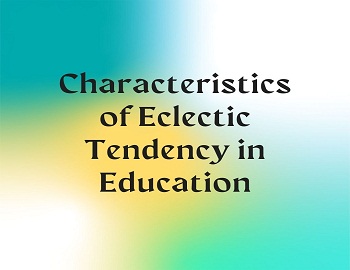
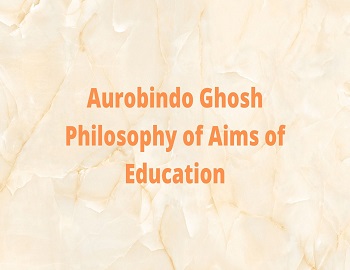

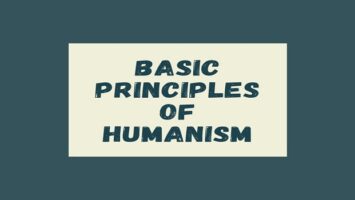

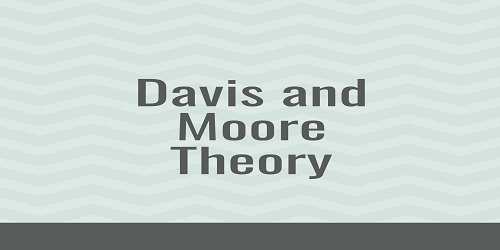
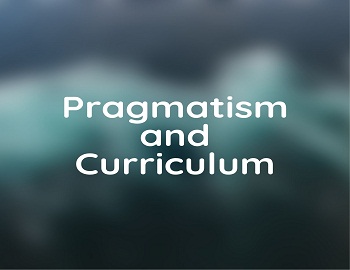
Comments (No)